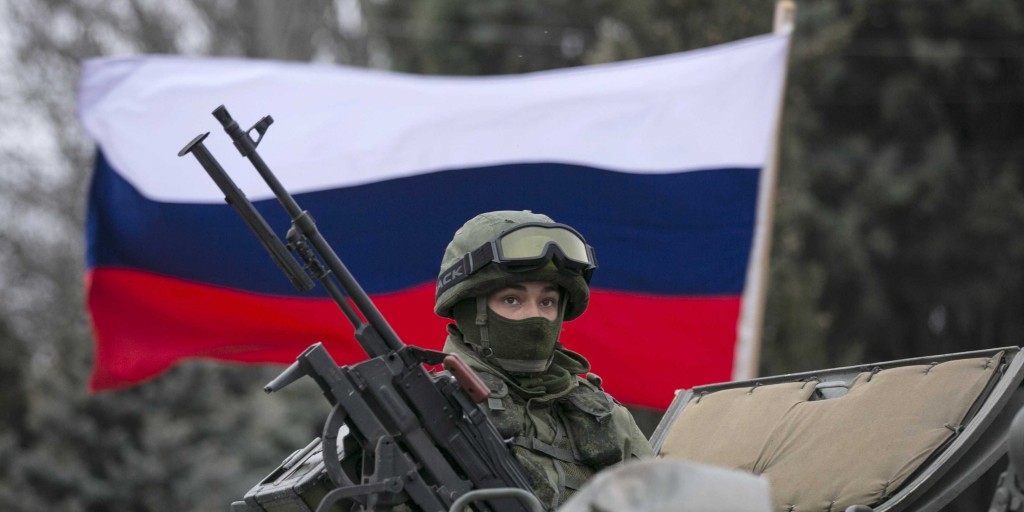The Strategic Significance of Russia's Withdrawal from Syria
NEW DELHI: Two years ago when Putin ‘prevented’ Obama from taking a military action, (like Libya), in the case of Syria, he had surprised the world and revealed his strategic mettle. His second surprise comes as the Russian military is reportedly withdrawing from Syria. Before delving deeper into the issue, it is quite essential to scrutinize the power play that is eventually going to impact the entire future of West Asia.
There is considerable apprehension that after the drawdown from Syria, Russia under the leadership of Putin, would opt for more military interventions in the near future. Interestingly, the West was caught by utter surprise by the announcement of partial withdrawal and deployment. Amidst the ceasefire, political pundits opined that Syria, which was at the brink of fragmentation has been saved. Though, by withdrawing Putin wants to give two strategic points of move. Firstly, that unlike USSR, Russia would not be involved in another long-lasting war like in the case of Afghanistan. Secondly, Russia does not want to incur more losses by taking more risks in the case of Syria. Quite diplomatically, Putin though has given the signal that Russia is still has the foothold in militarily intervening in a region, which is not next to its neighborhood.
Russia showcased how the furious Operation Tempo had been a success, with hundred sorties being fired in a single day. Without any disastrous mechanical failure, Russia was able to target ISIS. Thus, it certainly makes one question if the triumphalist rhetoric of the cold war is back again, that its only Washington and Moscow that are the real power-holders? Is it the beginning of a bi-polar world? But already grappling in Ukraine, Russia is also suffering from the antagonistic by-product of the hybrid-war model. But it is still too soon to acknowledge that Russia’s current withdrawal is permanent and would not take place again in future. If it does, what would be NATO’s and United State’s role can be merely speculated.
Analysts nevertheless have called this withdrawal as the ‘recent example of Putini-sm.’ They opine that the fact that Russia is not completely withdrawing from Syria states that troops on the ground would continue to be present in Syria, to help President Bashar al Assad from the rebel groups and ISIS. Putin has a larger plan to unite all the rebel groups against the government so that the quagmire and mayhem in Syria can be strategically dealt with. The Russian port of Tartus, the greatest strategic asset would still remain in Russia’s control, which is enough to endow it mileage and political power, when necessary. The air-port bases in Hmeymim and Latakia would also serve to bestow Putin the necessary strategic points to govern the entire of West Asia, along with Syria, which is still struggling with its political mayhem.
Meanwhile, Putin also wants Iran and Hezbollah to intervene more ‘actively’ in the Syrian situation, so that they are able to build their ‘Shia’ base. The question here, of course is more than merely supporting Assad. It is the diplomatic question of controlling the entire region, sending a strong political message and playing a fully strategized game plan which does not mind, placating US every now and then, as it is still gripped with its own lack of action and previous political calculations West Asia.
Thus, indeed, the alleged withdrawal of Russian forces from Syria is a political and strategic gimmick which might bluff the regional powers for the time being, but its real intention would soon be evident as the quagmire further raises difficult political questions for the emerging regional and international power holders.
(The writer is a doctoral student at Jawaharlal Nehru University, New Delhi)





